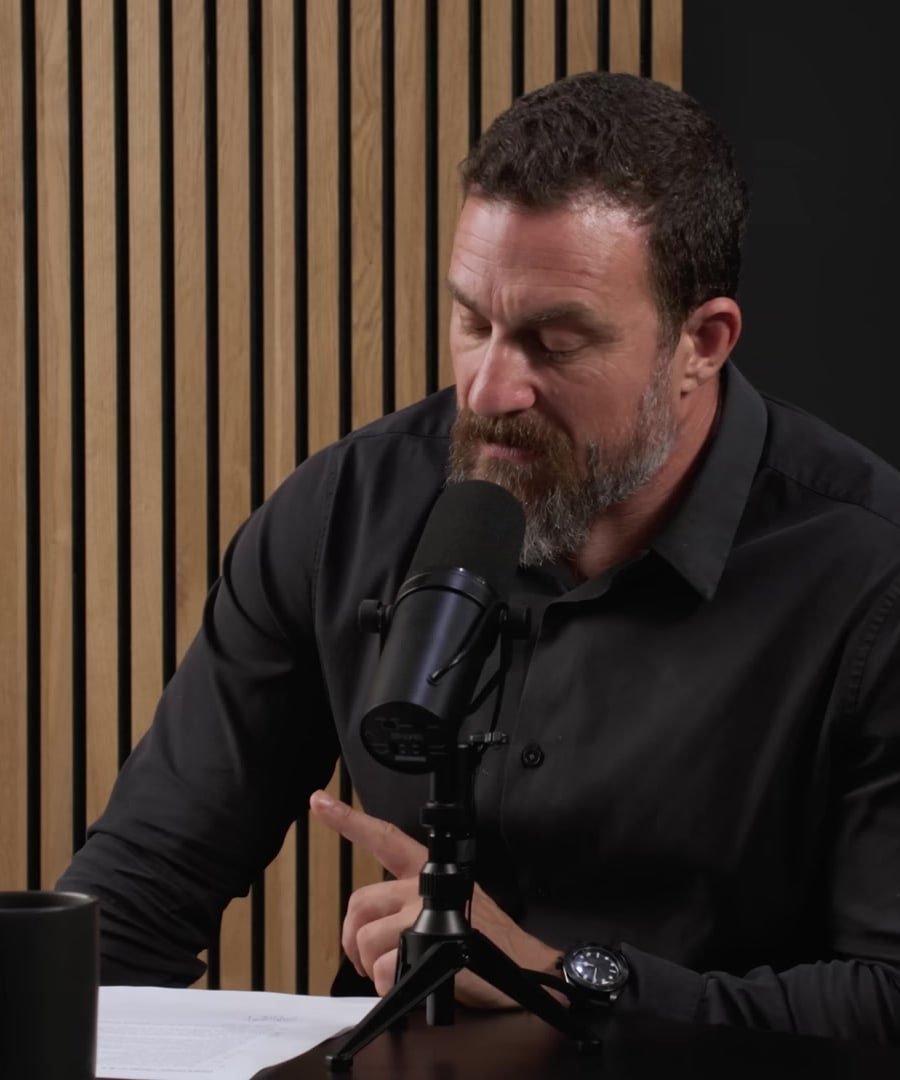Sleep toolkit
Sources:
Here is a comprehensive sleep toolkit based on insights from the , particularly from experts like and . These strategies and tips aim to enhance sleep quality and consistency:
Consistent Sleep Schedule
- Regularity is key: Try to go to bed and wake up at the same time every day to regulate your circadian rhythm 1.
Pre-Sleep Routine
- Wind-Down Routine: Implement a relaxation routine before bed, akin to landing a plane. Activities like reading, light stretching, or listening to a podcast can help transition into sleep smoothly 2.
- Avoid Caffeine: Refrain from consuming caffeine in the afternoon and evening. Ideally, no more than 100 mg of caffeine after 4 p.m. to avoid disrupting your sleep 3.
Environmental Control
- Light and Darkness: Expose yourself to natural light during the day and keep your environment dim in the evening to support your sleep-wake cycle 4.
- Temperature: Maintain a cooler bedroom environment for better sleep. The mantra is "warm up to cool down to fall asleep" and "stay cool to stay asleep" 4.
Strategies for Better Sleep
- Avoid Compensatory Behaviors: If you've had a bad night, don't sleep in or go to bed early. Maintain your regular schedule to reset your sleep pressure 1.
- Relaxation Techniques: Utilize methods like Yoga Nidra, NSDR (Non-Sleep Deep Rest), or the Reveri app to help in falling and staying asleep 3.
Addressing Insomnia
- Cognitive Behavioral Therapy for Insomnia (CBTI): This is a highly effective method that involves techniques like bedtime rescheduling to improve sleep efficiency. Brief periods of sleep restriction may also lead to better quality rest over time 5.
- Restful Attitude: If you can't sleep after 20-25 minutes, get out of bed and do something relaxing. Reframing wakefulness as restful can help reduce stress and eventually lead to better sleep 6.
Sleep-Enhancing Supplements and Tools
- Chemicals/Supplements: For older adults or those needing additional support, medications like doxepin and trazodone, or Dual Orexin Receptor Antagonists (DORAs) may be helpful, although they should be used under medical supervision 7.
Handling Mid-Night Wakefulness
- Don't Try Too Hard: Trying too hard to fall asleep can be counterproductive. Embrace relaxation and rest as opposed to stressing about sleep 6.
By incorporating these approaches from , you can create a robust sleep toolkit to significantly improve your sleep quality.
RELATED QUESTIONS
Sleep toolkit
- RELATED QUESTIONS






